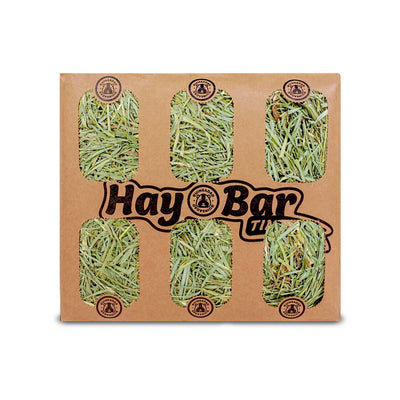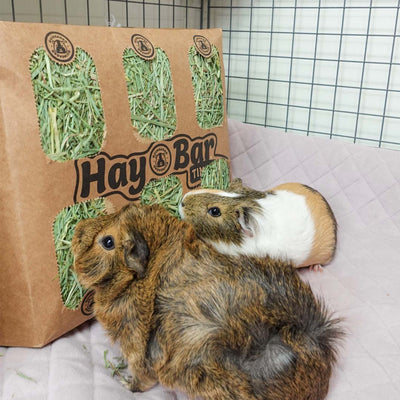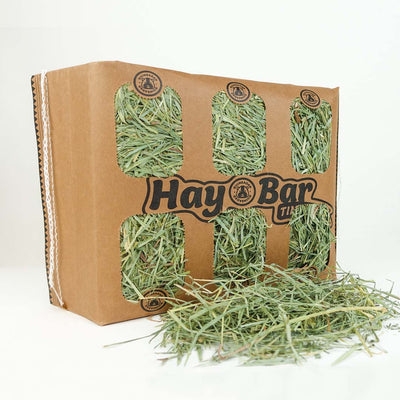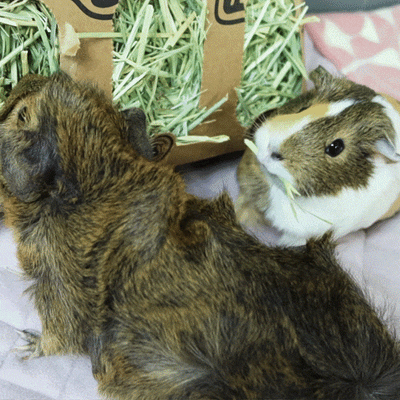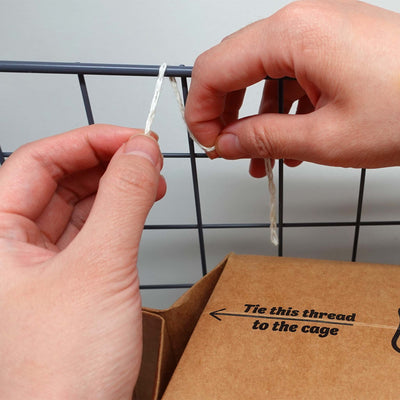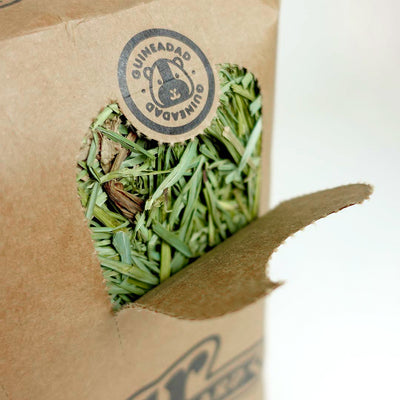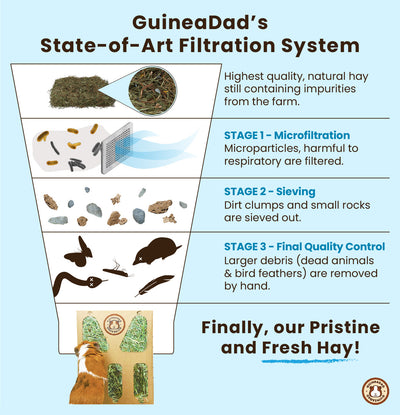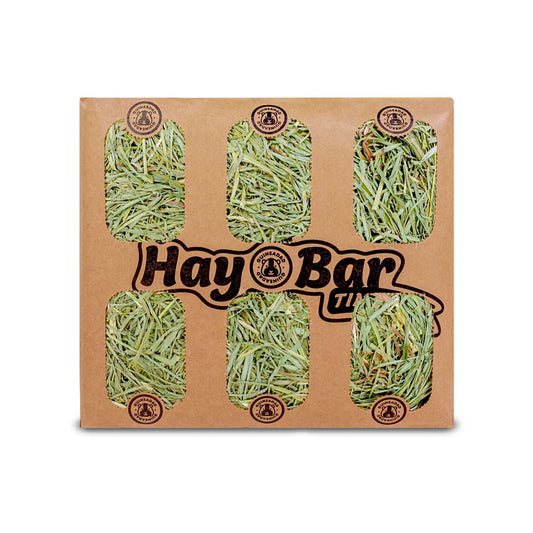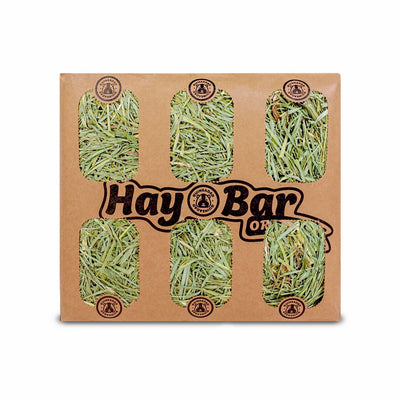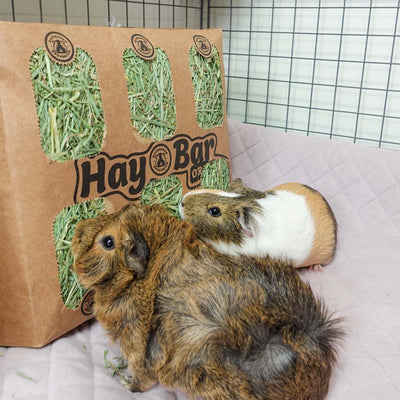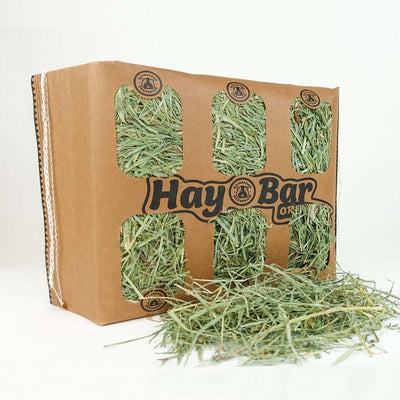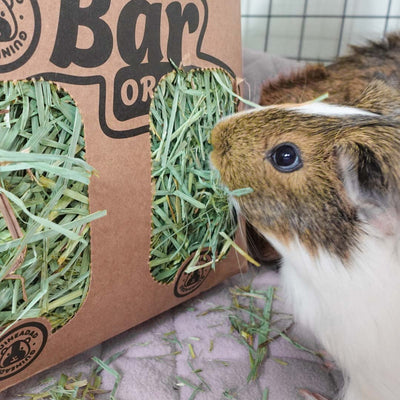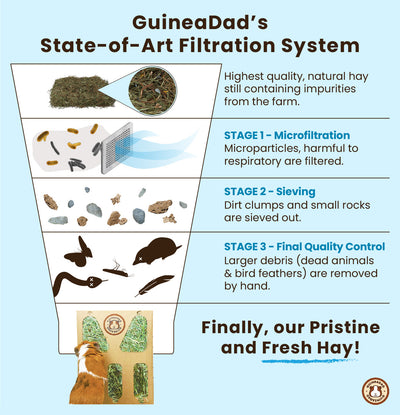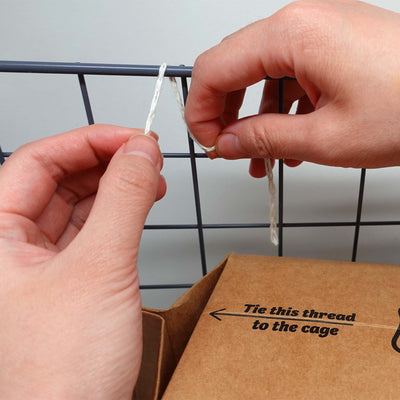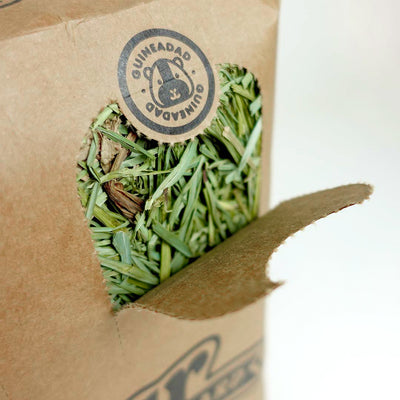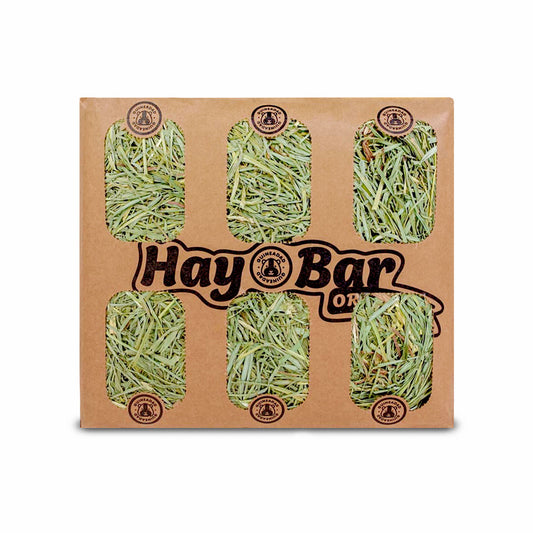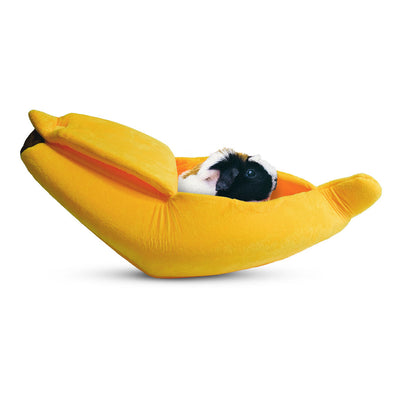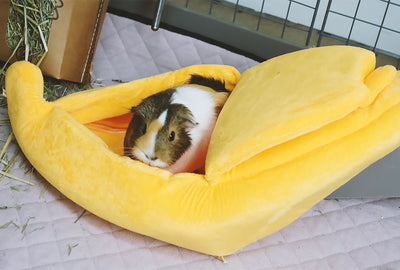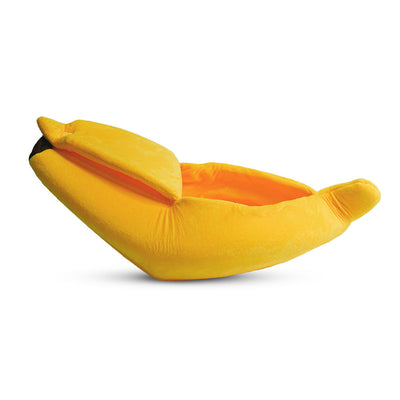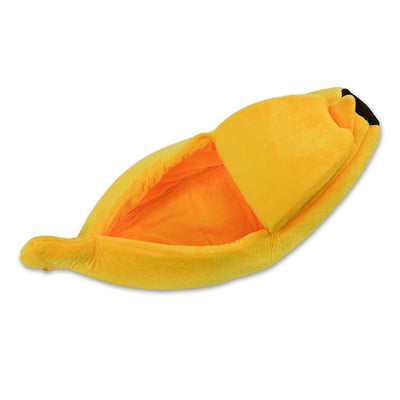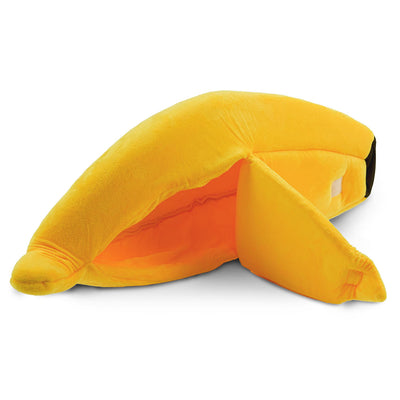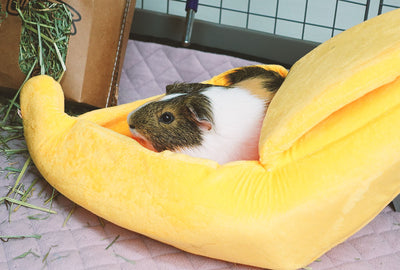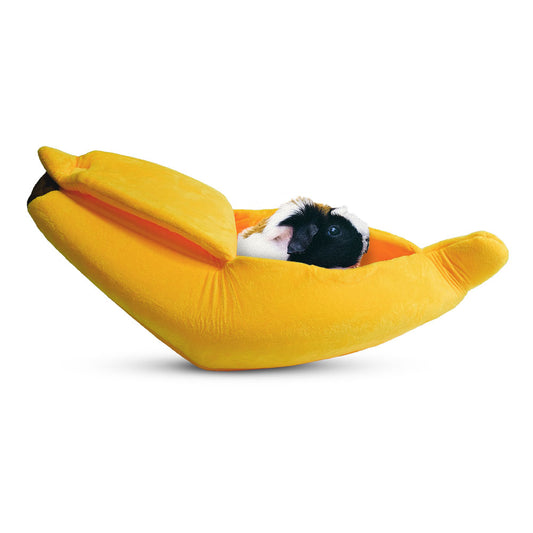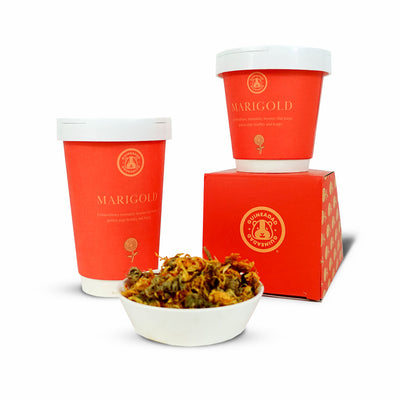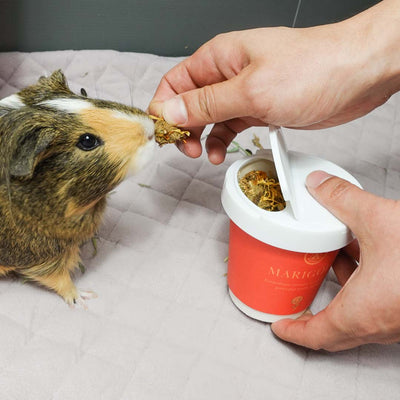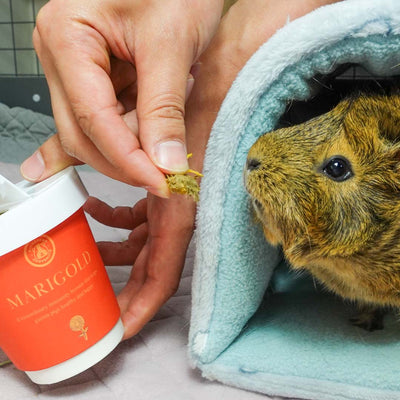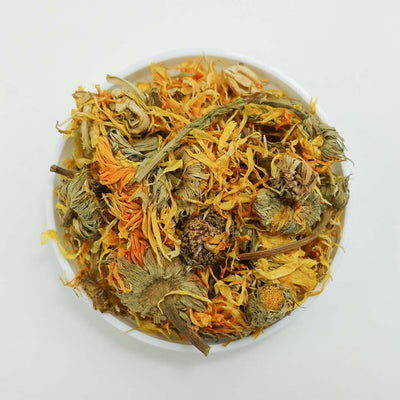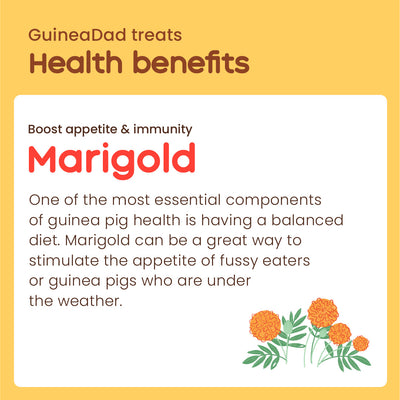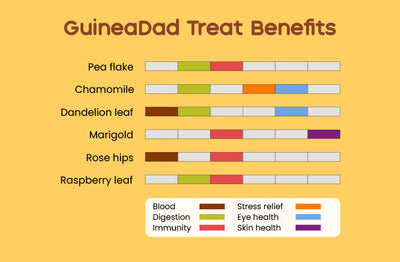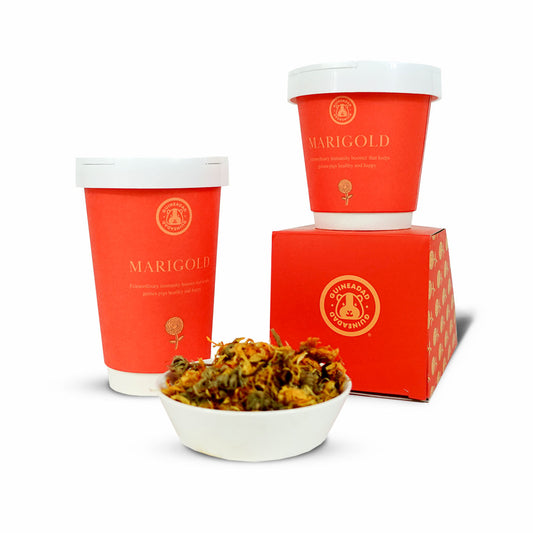We often hear about guinea pigs needing lots of vitamin C in their daily diet and do what we can to provide this essential vitamin to our piggies, but you’re probably wondering: Why is vitamin C so important for guinea pigs?
So often we’re told that your guinea pigs need this and that, but sometimes we might not know why! It’s important that we as guinea pig owners know the significance of the actions we take as piggy parents and how it helps our furry friends.
When it comes to diet and nutrition for guinea pigs, we have many posts on the topic. If you’re looking for more information on guinea pigs’ vitamin requirements, check this post out! Also, if you’re looking for switch up your guinea pig’s salad blend, check out the Vegetable Master List, and the Fruits Master List for quick nutritional information on different types of fruits and vegetables, as well as serving size and frequencies.
Why is vitamin C so important for guinea pigs?
As you know, the human body can’t exactly manufacture the vitamins that it needs, so we have to get everything from our diet, or from taking supplements! Humans and guinea pigs are the same in this way, which is why it’s always emphasized how important it is that guinea pig diets are well-balanced and nutritious.
Vitamin C is essential for the consistent development and maintenance of your guinea pig’s skin, which you can imagine is especially important for guinea pig breeds that are hairless! If you notice some changes in your guinea pig’s skin, such as some dryness, it could be one of the first signs that your guinea pig isn’t getting enough vitamin C.
The vitamin is also important for maintaining your guinea pig’s joints. We already know that guinea pigs are generally delicate little critters, but it’s important that their diet helps them keep their bodies strong! When guinea pigs get older, their bodies are especially fragile, so it’s important to do what we can to support their joints as early as possible.
Vitamin C also helps with protecting and strengthening your guinea pig’s gums! Piggies are pretty prone to scurvy if they don’t get enough vitamin C, so we want to prevent this. Scurvy is a disease that originates from vitamin C deficiency and can cause your guinea pigs’ gums to swell and make it painful for them to eat.
The guinea pig immune system is strengthened by vitamin C and heavily relies on it! Unfortunately, guinea pigs are quite prone to contracting infections and illnesses. These can include upper respiratory infections, such as pneumonia, or even fungal infections like ringworm.
Stress is a big factor in weakening the immune system and as piggy parents, we know that guinea pigs are anxious animals! This means that their stress levels do quite the number on their immunity, and it’s important to counteract that with vitamin C.
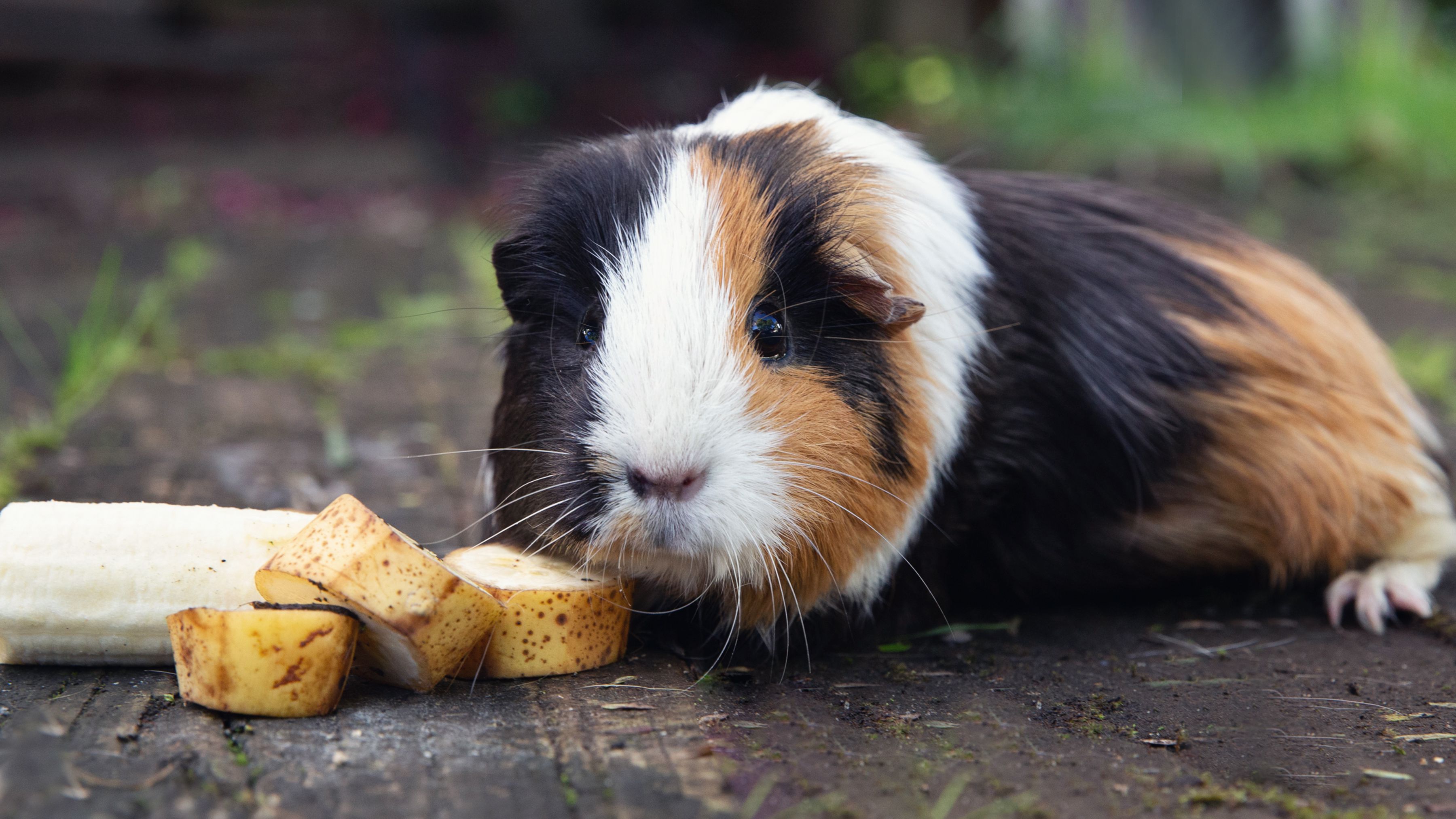
How much vitamin C do guinea pigs need?
Vitamin C for guinea pigs should be something they’re getting anywhere from 10-50 mg per day. However, this amount can vary depending on the individual guinea pigs and whatever health conditions they happen to be in.
It’s important that we note pregnant guinea pigs require a little more vitamin C than others because it helps keep their strength up during their pregnancy and also helps out the pups! Generally, you can consult with your veterinarian when it comes to how much vitamin C your guinea pigs require.
How to feed your guinea pig vitamin C
Luckily, vitamin C is in most fruits and vegetables in varying amounts! However, despite fresh produce being great sources for the vitamin, unfortunately, it isn’t as easy as dumping a bowl of kale in their cage!
Guinea pigs need about one cup of fresh fruits and vegetables each day, as a part of their diet of hay, water, and pellets! Guinea pig pellets are usually fortified with vitamin C, but unfortunately vitamin C is a compound that breaks down relatively quickly, so the older the pellets are, the more likely they are to not be nutritionally beneficial to your guinea pig as time goes on. Try to use up your pellets quickly to make the most of the vitamin C present!
As mentioned in the beginning of this post, when it comes to the fresh fruits and vegetables that your guinea pig should be consuming each day, you can check our other posts for additional information and guidance! We have very comprehensive lists of commonly found fruits and vegetables that we’ve compiled in order to make picking out your guinea pig food easy and quick.
Our Vegetable Master List and Fruit Master Lists are both in an easy-to-read chart format and have nutritional information that is relevant to your guinea pig! Vitamin C content has its own column, which can make it simple for you to decide which foods are worth feeding your guinea pig for the vitamin content.
Some piggy parents and sites recommend adding vitamin C drops to your guinea pigs’ water, but we’d be wary of doing this! Just as previously touched on, vitamin C breaks down quickly, and especially in water, so it might not be worth trying this out. There’s also the chance that the drops might change the taste of the water overall and could discourage your guinea pig from wanting to drink their water.
If you’re looking for alternative ways to add more vitamin C to your guinea pig’s diet, you should check out our GuineaDad RoseHip Organic Guinea Pig Herbal Treats! Our treats are natural and don’t contain any additives or preservatives, making it the healthiest (and the tastiest) way to supplement your guinea pig’s diet with more vitamin C.
Your guinea pig’s diet is important to their overall health!
It’s important to remember that your guinea pigs’ diet plays a bigger role in their well being than we may realize! The vitamins and nutrients that piggies get from their foods have big impacts on their immune system and their ability to fight off infections and illness, and we need to keep our guinea pigs as healthy and strong as possible. A healthy guinea pig means a guinea pig with a long and happy life!









